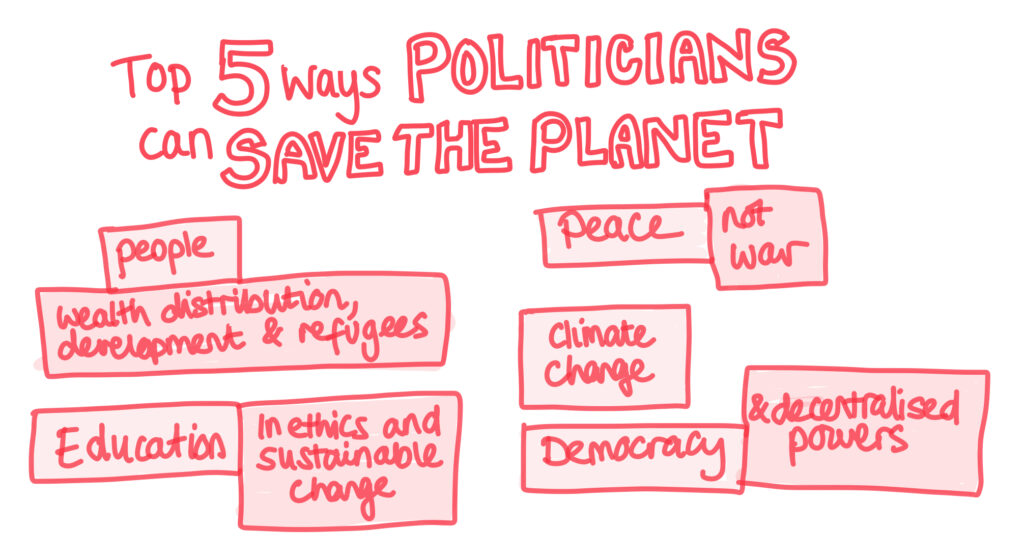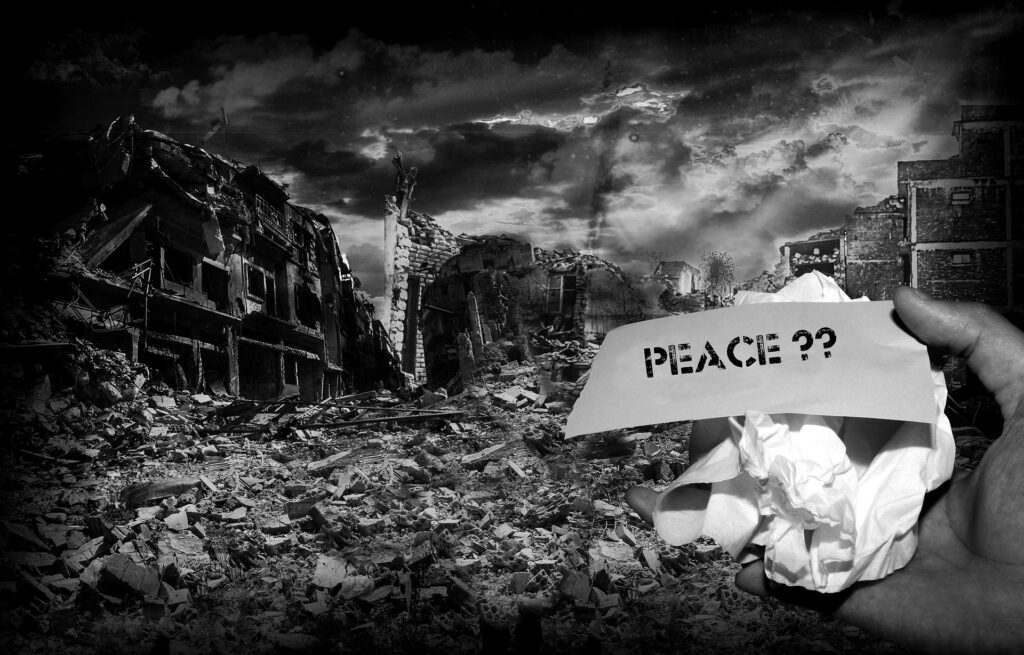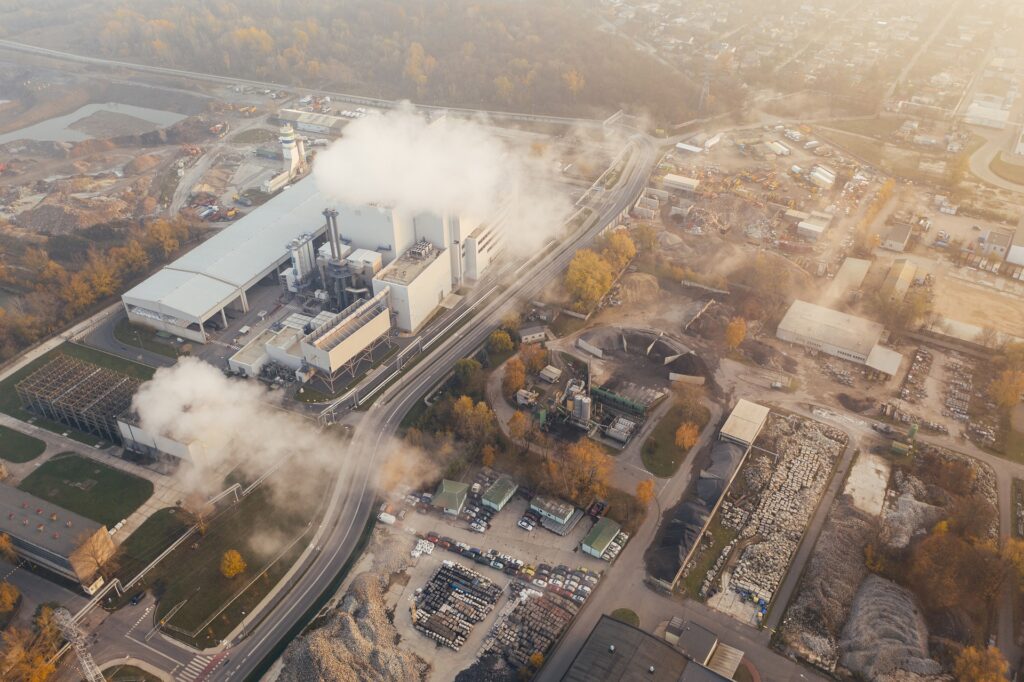Politics is a key to saving the planet and helping us avoid the catastrophic effects of climate change. This post will look at how political actions could achieve that. Here are the top 5 ways that politics can save the planet:
- People- wealth distribution, development and refugees
- Peace- not war
- Climate change
- Education in ethics and sustainable change
- Democracy and decentralised powers
What is saving the planet?
What does it mean to save the planet? ‘Save’ is a generic phrase; it implies keeping things the way they are- which at the moment, in huge areas of the world, is not a great aspiration. So when we talk about ‘saving the planet’, what do we want to preserve?
We want to preserve human rights and human dignity; and space for humans to live, love and care for each other and their communities. We want to have peace, and not engage in war. War displaces people, causes famines destruction and does not allow for the dignity that humans should experience.
What about money? is it dignified and ‘human’ to live in excessive wealth while other people starve?
What do we, as societies, want to save the world. What do we want to replace the world with? Save it from ego, and replace it with compassion? Save it from exploitation and replace it with respect?

We’ll explore each of the top 5 ways to save the planet in the following sections.
1. People
To save the planet in terms of justice and dignity for humanity is a fantastic challenge. Wealth distribution would allow for development. This means all families could afford safe homes, electricity, food, healthcare and education. The world has come on so far in achieving this. What is crazy, though, is that even with a million times more resources than we had in the past, so many people live without the basics described above.
How can politics help people? Through wealth distribution. It can help through financing schemes to allow small local businesses in lower-income countries to take out loans. Through supporting and funding education. A lot of this happens in the charity sector already.
The thing is, there is a big problem with high-income countries helping lower-income ones. There is a colonial past. Rich countries became rich by exploiting poorer countries. Even today, although the power structures are different, low-income countries still do a lot of manual and industrial work for the west. Loads of material items are manufactured in china and southeast Asia because labour is cheap and the safety regulations are less stringent than in the west. Our societies still support these warped power streams. We send our recycling to the east. We drop off ‘old’ things to lower-income countries without questions. As we transition away from diesel cars and polluting petrol cars- what will happen to these fleets? They’ll go to the global south most likely. There are still problems while some areas of the world are far richer, that the ‘cheapest way of doing things will be exploitative.
2. Peace
Wars are horrific; they bring death, destruction and displacement. They prevent whole generations from opportunities at education and a future. War sends millions of people to seek refuge in different countries. And the rich countries don’t let them in! They’re left starving in camps, without very much dignity.

There are some areas of the world where there are still tribal fights for land power and women. In Papua new guinea, a huge but largely untouched by western powers country, tribal leaders still claim land and people and invade other tribal spaces for land and power.
We are so lucky to not have that in the west; although of course I am completely blinded by the values of the culture I have grown up in and can’t understand the good and bad in other systems. So peace is number 2 of these 5 ways politics can save the planet.
3. Climate change agreements
Since we are a global world we need global solutions to world problems; in particular climate change.
We need countries to work together because of the complex webs of the economy and the market. No one owns the atmosphere, so when we decide who gets to emit what (by creating emissions targets), there are many ways to ‘play’ and ‘exploit’ the system. We offset a lot of our emissions to other countries, for example. We also shift our waste incineration to other countries.
Solutions to these global problems are political. The main political body doing this is the United Nations which created the UNFCC. They, and similar bodies, are responsible for the conference of parties meetings by the UNFCC, known as the COP climate conferences.
These conferences bring attention and discuss climate issues to try and reach a global consensus.

In 2015, the Paris agreement set a big target, but countries are not sticking to them. There is anger and frustration; countries feel hard done by which means it will be hard to come to agreements. This is why the right political leverage is essential in moving forwards.
What if we linked targets with development? What if massive amounts of development money was given alongside requests for countries to develop decarbonised economies. Or if we gave money specifically for training in low carbon technological development instead of petrochemicals. That way we would be managing development alongside decarbonisation.
4. Education for sustainable development
The best thing we can do for the planet is learning the lessons we’ve been taught by history. We can’t continuously consume and pollute. We need respect for the natural world. We’ve learnt that the climate is volatile and that humans go power-hungry and turn corrupt when they’re given the chance.
We need to educate the people in the world with everything we currently know about sustainable systems design. We need to start making progress by moving in a new direction and continuously updating education to reflect that.
This process will start with children. Knowledge about just how complex and susceptible the planet is to destruction will slow down destructive behaviour. Understanding systems design and the complex political, socio-cultural, socio-technical structures we have is important. We need to learn how to design within the boundaries of pushing what’s right for the world and allowing freedom to individual areas to make the best local decisions. Education for sustainable development would include frameworks to see how one plan compares to others that have been implemented around the world. So education is number 4 of these 5 ways politics can save the planet.
5. Democracy
People need to feel heard and seen. There need to be strong democratic processes because we need to work together. We need people to buy into the regimes of the societies they live in, particularly when there is a lot of change coming that will disrupt individual freedoms and power balances. Changing how we live to adapt to low carbon lifestyles will hit some egos! So we need to find ways that everyone feels properly represented and respected within the country or society they live in.

Feeling unheard and unseen can lead to upswings in populism and ‘fear’ or ‘control’ politics. Having a country represent everyone in it is impossible to do without upsetting some people. That is why flexible democracies with strong local political structures are so important.
Community building, in general, is important for empathy development. Empathy really is one of the most powerful sources of change.
Conclusions: Top 5 ways politics can save the planet
Those were the top 5 ways that politics can save the planet. They are overviews that touch on many of the themes we discuss here on the blog.
Thanks for reading!

